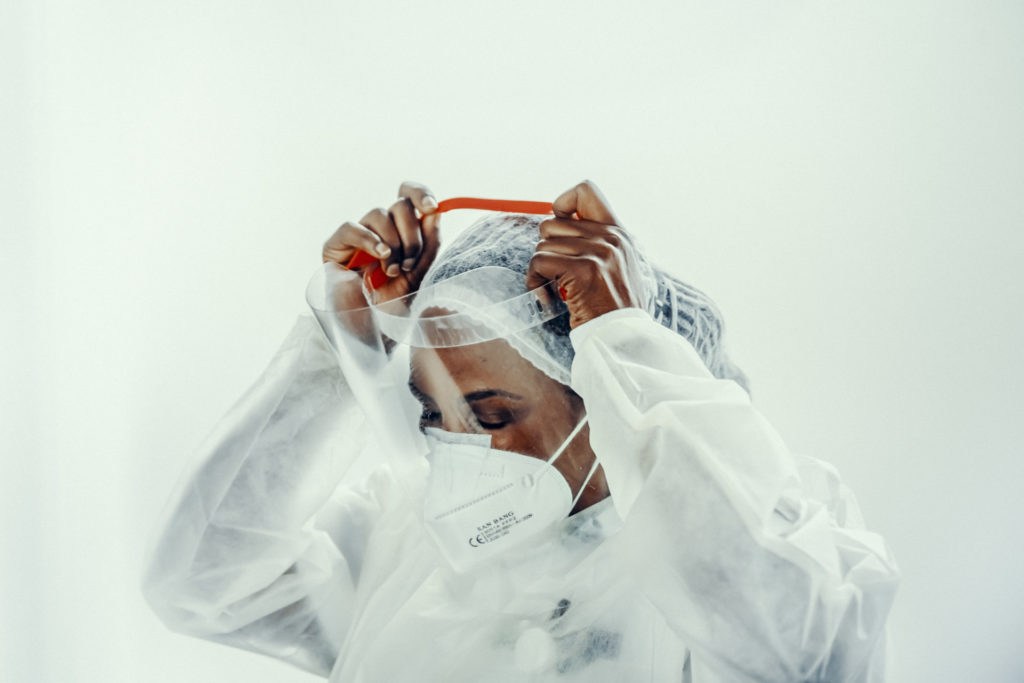Hospitals have been asked to reserve one-third of their intensive care beds for coronavirus patients within two weeks to cope with the influx of people hospitalised as a result of the virus.
On Monday, a total of 2,071 people were in hospitals due to an infection, of whom 418 were being treated in intensive care, resulting in hospitals having to gradually scale up to phase 1A+, Margot Cloet, Managing Director of Zorgnet-Icuro, a network of several hospitals and nursing homes, told Radio 1 on Wednesday morning.
"The situation is serious. Not only because of the rising number of infections but also because a new crisis is raging, namely staff shortages, which means that beds on other departments also have to be closed," she explained, adding that hospitals will be in "dire straits" if numbers continue to rise.
Concretely, this means that within two weeks, hospitals in Belgium must keep 33% of beds open for Covid-19 patients. In absolute numbers, this concerns 666 of all the 2.000 ICU beds available across the country and will result in non-urgent care being postponed.
Related News
- Flu could become 'double problem' in Belgium this year, warns Van Gucht
- Teleworking 'absolutely necessary' to avoid stricter measures
A few weeks ago, hospitals were asked to revert to phase 1A within two weeks, meaning 25% of their ICU capacity must be reserved for Covid-19 patients. However, the number of Covid-19 patients in intensive care is expected to reach 500 – a milestone figure – by the beginning of next week, which would mean all beds reserved for their care as part of this phase would be occupied.
In certain regions, including in Brussels and West Flanders where hospitalisations are increasing at an even more rapid pace, more than one-third of inpatient beds are already occupied by Covid-19 patients.
Unvaccinated vs. vaccinated Covid-19 patients
According to Cloet, it is mainly vulnerable people with underlying disorders who are ending up in intensive care. "These are people who have been vaccinated. In addition, younger, non-vaccinated people also end up in the ICU."
Last week, figures analysing what type of people were being hospitalised and transferred to ICU were shared for the first time, which showed that relatively speaking, vaccinated people are 14 times less likely to end up in intensive care following a Covid-19 infection than those that have not been vaccinated.
Cloet emphasised that it is "very important to maintain solidarity between the hospitals," referring to Ghent University Hospital (UZ Gent)'s recent announcement that it would no longer be reserving beds for Covid-19 patients so that it wouldn’t have to postpone non-urgent care for vaccinated people.
UZ Gent’s head doctor Frank Vermassen argued that patients who are unvaccinated and are admitted to hospital or ICU are "partly to blame for the fact that we have not been able to avoid the fourth wave."
He explained that all Covid-19 patients would still receive optimal care, but that beds will not be reserved and left empty “just in case.”
Belgium’s next Consultative Committee will take place on Friday 19 November and is expected to focus on how best to handle the fourth wave of the Covid-19 pandemic.

